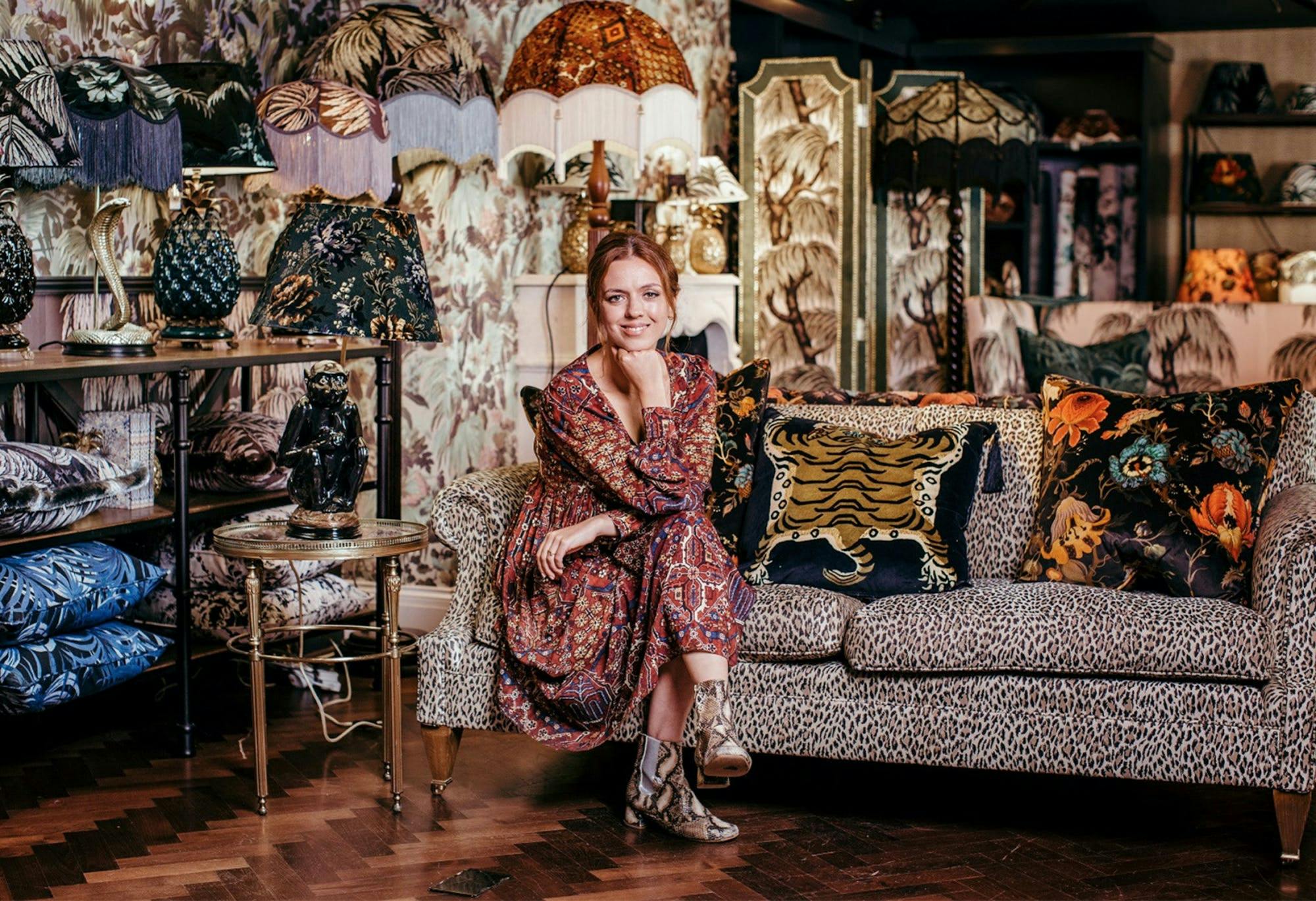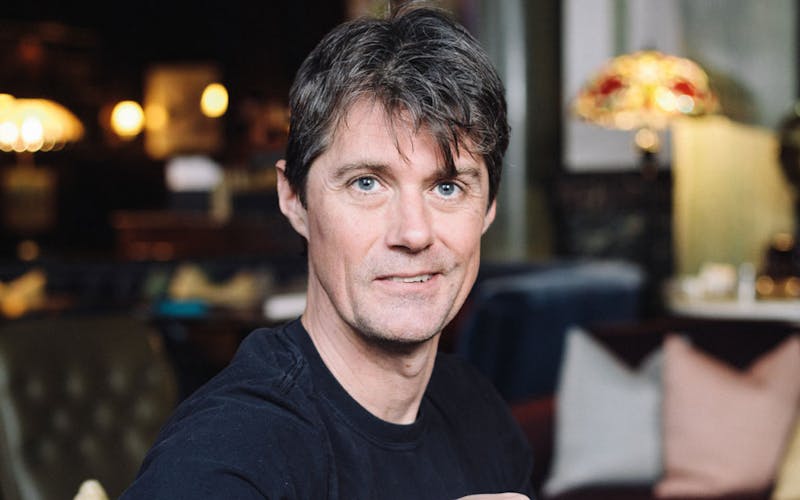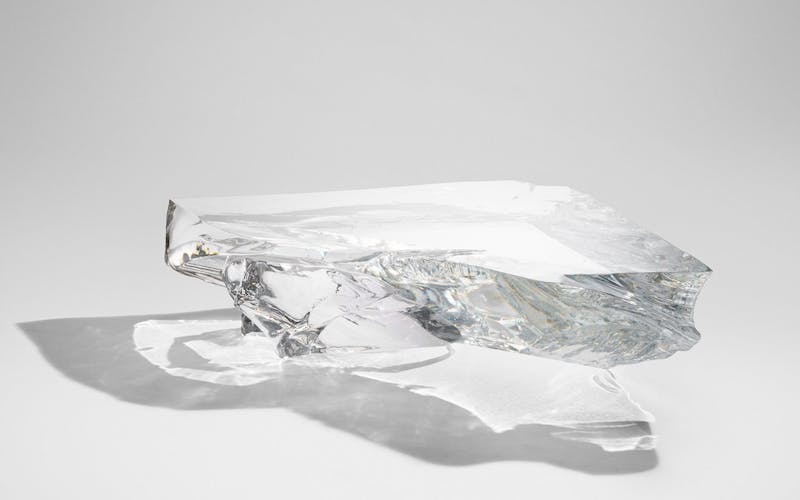

for Walpole members and
non-members available now
at The Londoner



Founded in 2011 by Frieda Gormley and Javvy M Royle, on the guiding principles of creativity, compassion and consciousness, award-winning luxury brand House of Hackney has always believed in balancing profit with purpose. The interior design house – whose fabric and wallpaper prints pay homage to the natural world – was certified as a B Corp in 2021. Prior to this, the brand was working towards all its packaging being recyclable, compostable or reusable by 2022, and has reduced single-use plastic across the business by 98 per cent.
There cannot be many interior design houses that have an ‘Eco Manifesto’ as part of their ethos. ‘We were committed to ethical, sustainable practices long before people were talking about it,’ explains founder Frieda Gormley (pictured above). ‘We launched at a time of economic and political unrest and everything we did was to counter the mood of the times, to try and fill people’s lives with colour and hope.’
A champion of eco-friendly materials and methods since day one, House of Hackney works closely with British craftsmen, driving local, skilled employment as well as sustainable and responsible production. ‘Our intention was always to make beautiful products locally and support artisans in small British factories, creating future heirlooms that would stand the test of time. Products that look good and do good, that have meaning and integrity.’
House of Hackney’s six-month journey to B Corp was welcomed as ‘the living, breathing manifestation of all our concerns’. Not all businesses, says Gormley, are this committed; and where the luxury industry is concerned, aside from obvious trailblazers like Vivienne Westwood and Stella McCartney, there is more to be done. She believes a good starting point for brands is to address their hesitancy to commit.
‘Is it seen as too much hard work? Are they worried about alienating their customer base? To me it’s about taking meaningful small steps, with the CEO leading from the front and voices in the boardroom representing sustainability and toning down the sales growth narrative. Short-termism is a problem, both with businesses and government. I wish there was more regulation. There are too many close relationships between governments and fossil fuel companies that are based on short-term objectives. We need to see brave long-term planning.’
House of Hackney’s next step is an audit of carbon emissions. ‘We’ve focused a lot on traceability of cotton – and have replaced feathers with wool,’ says Gormley. ‘We’re also looking at low-carbon-impact hemp, and mycelium for packaging. We’re about slow manufacture and slow growth and I believe we’re only a couple of generations away from returning to localisation.’
A business that has celebrated humanity’s connection with earth at every stage of its evolution, House of Hackney has naturally attracted a like-minded community of employees and followers. ‘Sustainability is an integral part of our storytelling. Our Garden of Tomorrow is an online space where we share interesting, positive, uplifting stories focusing on local people, art, seasonality, regenerative farming, nature and our partnerships with organisations like Friends of the Earth, whose campaign we support, to double UK tree cover by 2045.’
Most recently the brand has moved operations to a coastal castle estate in Cornwall – an inspiring natural playground for Gormley and Royle to put their earth-based ideas into practice. An immersive pop-up hospitality experience, Hotel Trematonia was launched there during summer 2021: the first step in a beautifully-crafted indoor/outdoor vision for living, accessible to all.
‘We are seeing a rising of consciousness,’ says Gormley, ‘and a move towards deeper learning, a healthier environment and stronger communities. For us it’s about valuing and respecting both the environment and people – harnessing the power of business as a force for good.’





